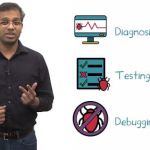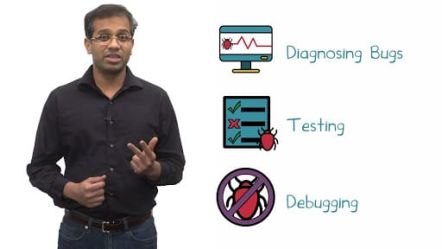
Software Analysis & Testing
Summary
This course covers the theory and practice of software analysis, which lies at the heart of many software development processes such as diagnosing bugs, testing, debugging, and more. It presents diverse techniques, each with their own strengths and limitations, for automating tasks such as testing, debugging, and finding bugs in complex real-world programs. These techniques include dataflow analysis, constraint-based analysis, type systems, model checking, symbolic execution, and more. The course teaches the principles underlying these techniques as well as imparts hands-on experience with using and implementing tools based on these techniques.
Expected Learning
Take this course if you need to learn how to test complex, large-scale programs using state of the art testing paradigms.
Syllabus
Testing
- Principles of random testing.
- Automatically generating tests.
Analysis
- Analyzing dataflows within a program.
- Analyzing pointers.
- Analyzing software based on constraints.
Debugging
- Basics of type systems.
- Statistical principles of debugging.
- Dynamic symbolic execution.
Required Knowledge
To be prepared for this course, you should be very comfortable with:
Mathematical and logical reasoning (e.g. basics of set theory, graph theory, boolean algebra, and probability)
Programming in a high-level language like Java
Shell scripting on Linux-like operating systems
Free
Intermediate
17 weeks
Chris Pryby
Georgia Institute of Technology
Coursearena





